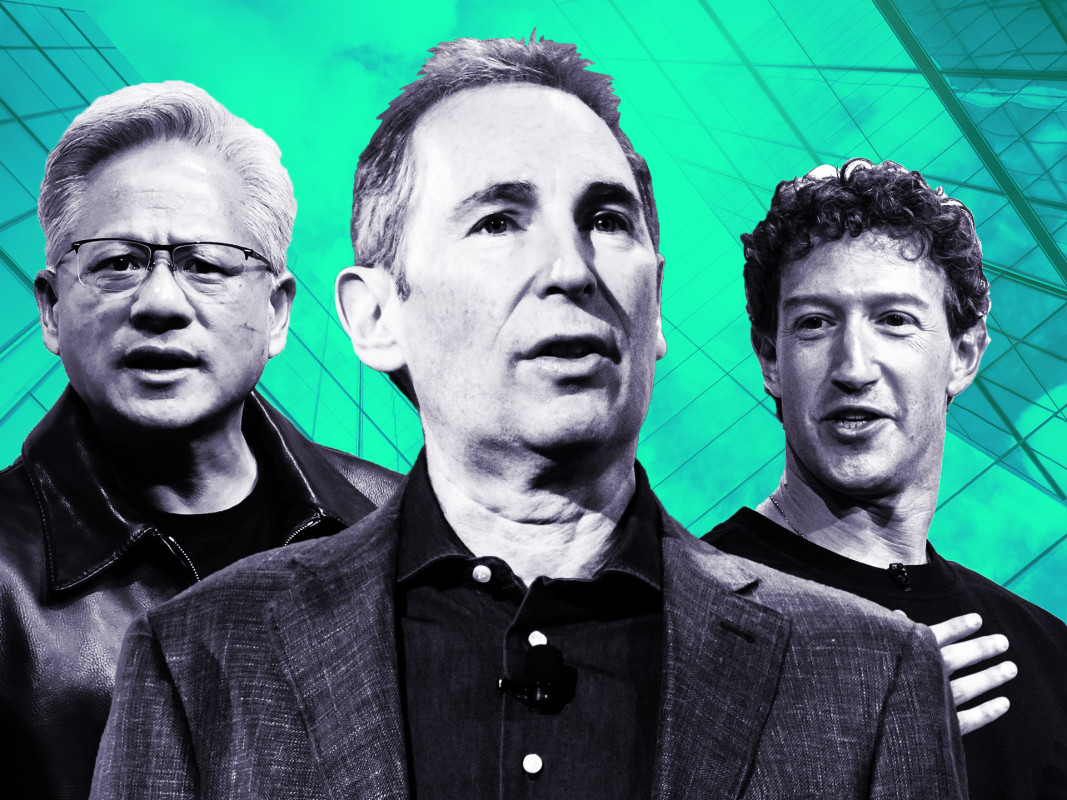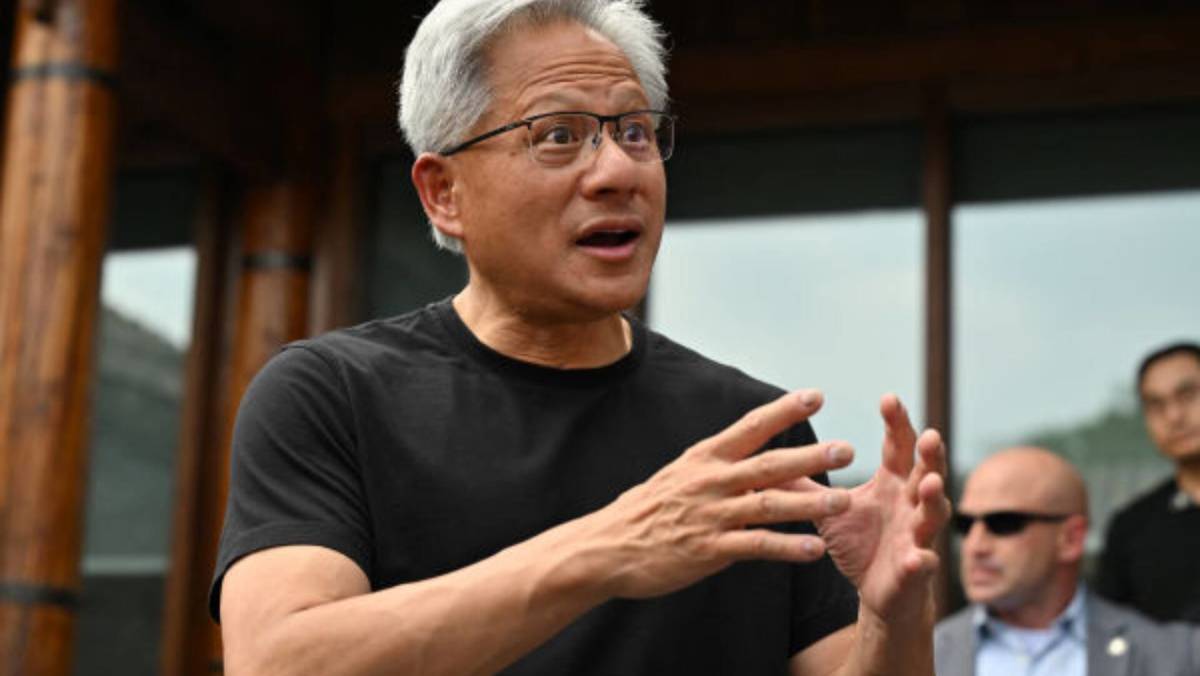Who Wants to be a CEO? Fewer and Fewer People are Interested in the Top Job.
In 1914, a satirical illustration published in Australia used the three-letter acronym CEO for what is believed to be the very first time. The abbreviation for chief executive officer didn’t catch on in corporate America until 1972, but within three years almost all heads of Fortune 500 companies ...

In 1914, a satirical illustration published in Australia used the three-letter acronym CEO for what is believed to be the very first time.
The abbreviation for chief executive officer didn’t catch on in corporate America until 1972, but within three years almost all heads of Fortune 500 companies were using the CEO title.
Today, just about everybody knows what a CEO is, although the position of the top-ranking corporate officer has evolved a great deal over the decades.
Nvidia (NVDA) CEO Jensen Huang believes it’s the job of any good chief executive to “lead other people to achieve greatness, inspire, empower other people, support other people.”
“Those are the reasons why the management team exists: in service of all of the other people that work in the company,” he said last year in an interview at the Stanford Graduate School of Business.”
Andy Jassy, Amazon’s (AMZN) CEO, believes there is no single definition for a great leader of a significant company. Image source: Berry/Getty Images
CEO turnover hits record high in 2024
“There are different things happening at each time that matter, but at the end of the day, I think you have to deliver great customer experiences for whoever you’re trying to serve with successful financial results,” he told the Harvard Business Review.
And Mark Zuckerberg, CEO and co-founder of Facebook’s parent company Meta Platforms (META), who likes “to move fast and break things,” believes in the importance of putting it all on the line.
More Experts
- Dave Ramsey, AARP sound alarm about Social Security
- JP Morgan CEO issues blunt warning on auto industry bankruptcies
- In rural areas, lack of transport hinders access to health care
'The biggest risk is not taking any risk,” he once said. “In a world that is changing really quickly, the only strategy that is guaranteed to fail is not taking risks.”
Chief executives have been going through a rough time, as CEO turnover reached a record high last year, due to factors like burnout, economic uncertainty, and pandemic-related stress.
“The increased emphasis on the CEO role and the accompanying celebrity status has ramped up the pressure and we’re seeing more CEOs who only want to do the job once,” Stephen Langton, former managing director at Russell Reynolds Associates, said in Harvard Law School’s Global CEO Index Annual Report.
“This contrasts with the recent past where it was not uncommon for a CEO to be taking up their third or fourth role.”
The net effect, Langton said, “is that there are now fewer experienced CEOs, more ‘step up’ candidates who have never been a CEO before, and potentially an increasing number of well-qualified leaders who don’t want the top job.”
In addition, CEOs aren’t getting much love from their employees.
Survey finds CEOs dealing with uncertainty
A FlexJobs survey conducted in February—during a time when CEO compensation has inflated to nearly 200 times that of the average employee—found that 80% of workers said chief executives are overpaid for their jobs.
And nearly 70% of respondents said they do not believe the CEO of their company could do their job for a week.
Related: AI Agents Create Enormous Opportunity — and Risk
Amid all this, CEOs are contending with cybercrime, artificial intelligence, supply chain management and other issues.
“In this moment of change, CEO's are confronting multiple risks and opportunities with urgency to navigate uncertainty and grow,” said Timothy Walsh, US Chair and CEO of KPMG. “It's very much ‘go time’ on challenging issues.”
In the firm’s 2025 CEO Outlook, a survey of more than 1,300 chief executives, including 400 in the U.S., on the difficulties and opportunities they face.
“Virtually every conversation with the CEO starts with dealing with uncertainty and tackling supply chain strategies to reduce costs, especially as customers are showing some caution on spending,” Walsh said. “This is the top near-term pressure CEO’s face.”
Nearly 90% of the respondents said tariffs will significantly impact their business performance and operations over the next three years and 86% said their organization will increase prices for their goods and services as needed.
A vast majority of CEOs named cybercrime and cyber insecurity as the top problem that could hurt their company’s prosperity over the next three years.
As for AI, 73% of the executives said they are focusing on retaining and retraining high-potential talent, with 65% saying they want to redesign roles and career paths to reflect AI collaboration.
Walsh said quantum computing, which uses quantum mechanics to solve problems that are too complex for even the most powerful classical supercomputers, has shifted from a research focus to a business opportunity.
Shares in quantum computing companies were climbing recently after the Wall Street Journal reported that the Trump administration is in discussions to take equity stakes in them in exchange for federal funding.
But it also poses a significant cyber threat to current encryption standards requiring organizations to start adjusting their approach now, he said.
Related: More police agencies adopt AI, raising efficiency — and concern
What's Your Reaction?




















































